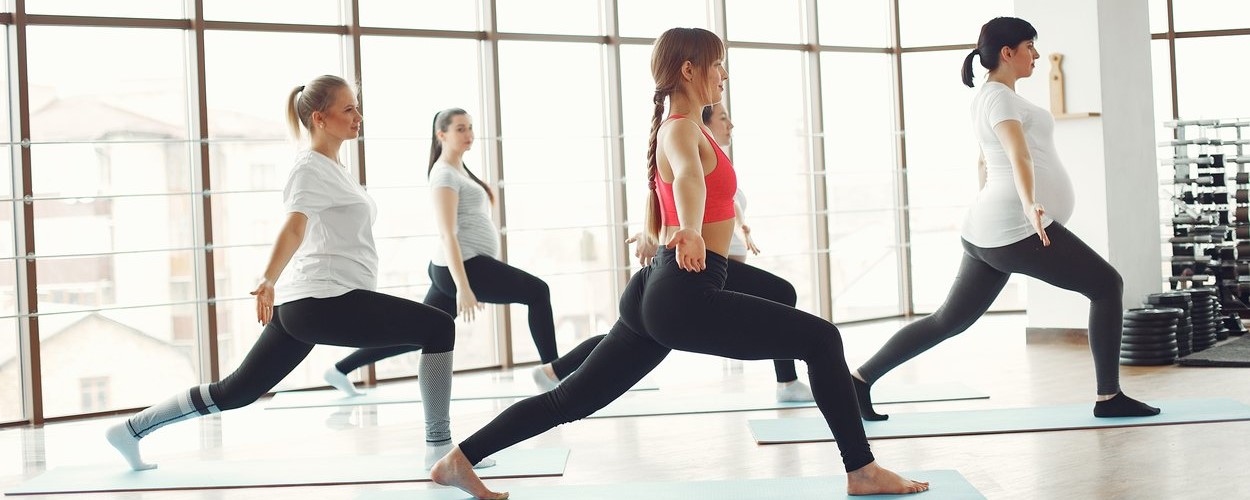By definition, alternative medicine has been around as long as mainstream medicine. The use of herbal remedies dates back to the beginning of recorded history. Granted, alternative medicine doesn’t have the best reputation because, by its own definition, there is limited evidence to prove that it works. However, many people express that alternative medicine has had a significant impact on the improvement of their symptoms or illnesses. Many go to alternative medicines looking for a more ‘natural’ solution. Some will also use holistic therapies alongside conventional medicine. This may be beneficial for some patients, but it is important to consult a GP before making any decisions. You should never rely on alternative medicine instead of a GP visit.
We know that our ageing generation is more prone to chronic illnesses and disorders. It can sometimes feel like a minefield when it comes to finding the right treatments for our ailments. Natural remedies can sometimes offer additional support to sufferers receiving conventional treatment and, in many cases, even though the medicine itself has no scientific basis, the placebo effect alone can have a positive impact on the body and mood.
What Should You Consider Before Taking Alternative Medicine?
Just because something is ‘natural’ does not necessarily mean that it is effective or safe. There are many factors that can change how alternative medicines react in your body. Make sure to do your own thorough research. Be wary of definitive claims and ensure that these are backed up by evidence. Testimonials are not evidence. You should always consult a doctor or pharmacist to discuss the ramifications of using complementary remedies. However, if any of the following apply to the patient, you need to be taking extra precautions:
If they:
- Already take other medicine.
- Have serious health conditions such as liver or kidney disease.
- Are going to have surgery.
Although herbal remedies are sometimes able to alleviate symptoms, you should never go against a doctor’s recommendations. It is best to see alternative medicines as complementary, rather than the main form of treatment for long-term illnesses.
Herbs and Supplements
This is perhaps the most prevalent form of alternative medicine, dating back to ancient China, Egypt and Babylon. Herbs are used often to alleviate flu symptoms, boost immunity and even improve mental health. CBD (Cannabidiol) has recently become extremely popular because of its ability to suppress a variety of symptoms.
There are many examples of CBD helping those suffering from Parkinson’s Disease to reduce shakes as well as chronic pain. A lot of people, particularly the elderly, are a bit put off by Cannabidiol because it is an extract from Cannabis. However, the oils and capsules have the psychotropic element removed and so there is no risk of the side effects found from smoking cannabis. The World Health Organisation did a report assessing the effects of using CBD. Their findings were that there was little chance of abuse even in those with addictive behaviours. As well as this, it found that “CBD exhibits no effects indicative of any abuse or dependence potential.”
Acupuncture
Acupuncture is one of the most well-known forms of complementary or alternative medicine (CAMS). It is also very well-researched and is even available on the NHS in some cases. Through the stimulation of sensory nerves under the skin, the body produces natural pain-relieving endorphins. Multiple sessions of acupuncture can give long-lasting pain relief from chronic health conditions and relieve migraines.
There was a study comparing correct acupuncture against what researchers called ‘sham acupuncture’ to see if the effects were a placebo. They found that clients reported a greater reduction in pain with the correct acupuncture practice. This is suggestive of acupuncture having real physical impacts on patients’ pain, as the placebo was not as effective.

Yoga
It may seem surprising but yoga is a form of complementary therapy. Yoga focuses on the use of breath to help with deep relaxation and improved mental health. It claims to help stimulate the nervous system and make muscles and joints more flexible. One of the best things about yoga is its mood-enhancing power. Some research suggests that yoga can help with high blood pressure, arthritis and asthma, as well as a variety of mental health disorders.
Where to Start
As we have discussed, thorough research is the best place to start. There can be a variety of reasons that your parents may choose to look into complementary and alternative treatments. It’s important to be respectful of their wishes but remain mindful of the possible impacts. ‘Natural’ does not always mean better; just because something is called ‘natural’ does not mean it is without side effects. Above all, make sure you speak to a healthcare professional about complementary and alternative medicine. Always follow your GP’s advice when it comes to trying new treatments.
Keeping Your Parents Safe
One of the most important things you can do for an ageing parent is investing in a Careline alarm. You might worry about what would happen if your parent had a fall or fell ill suddenly – how would they get help? Would they be able to reach a phone? A Careline pendant alarm can solve these problems. Careline365 is able to offer our service users and their families peace of mind 24/7, all year round. Call our friendly Customer Service Team today for more information on 0808 304 4183.







